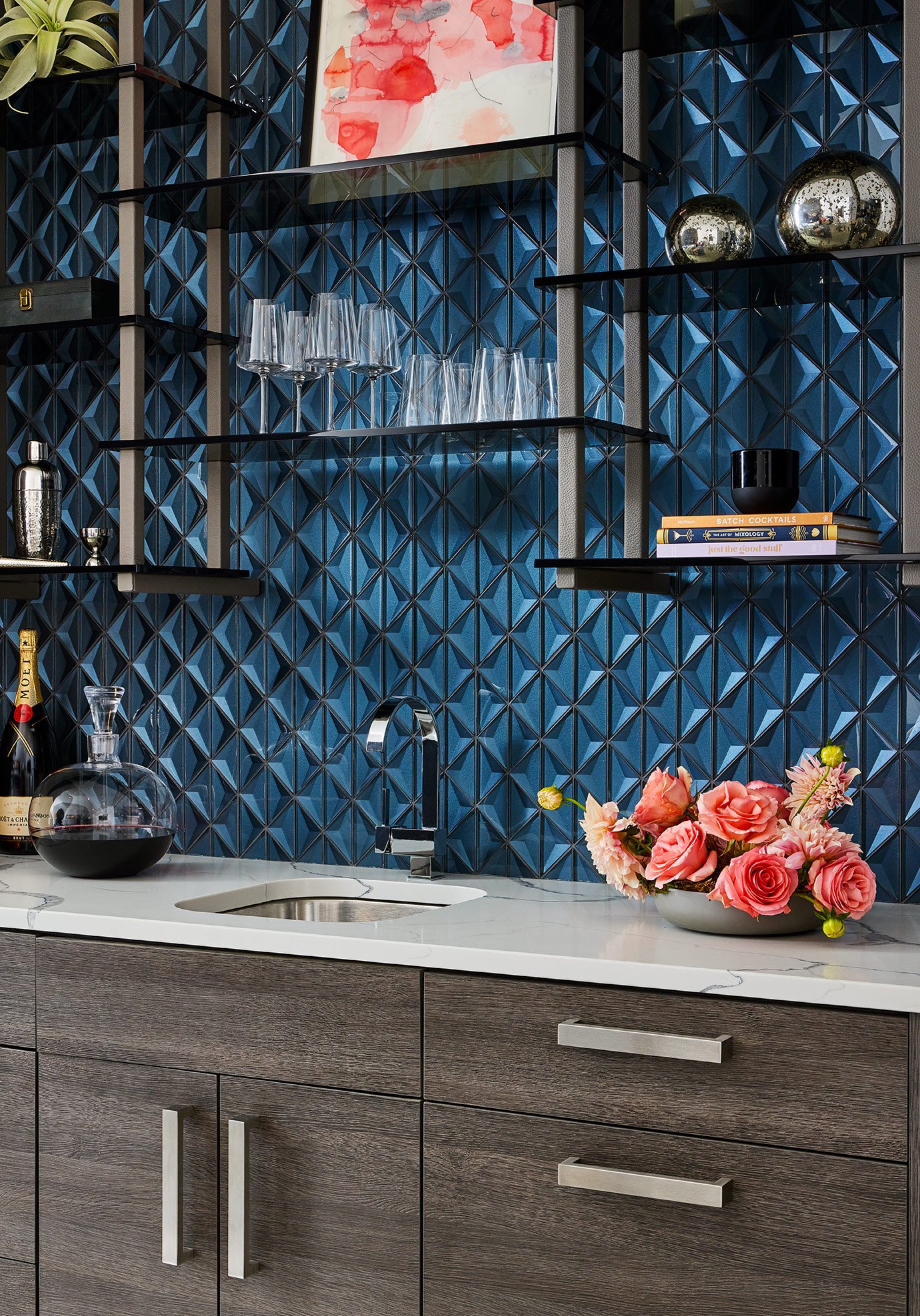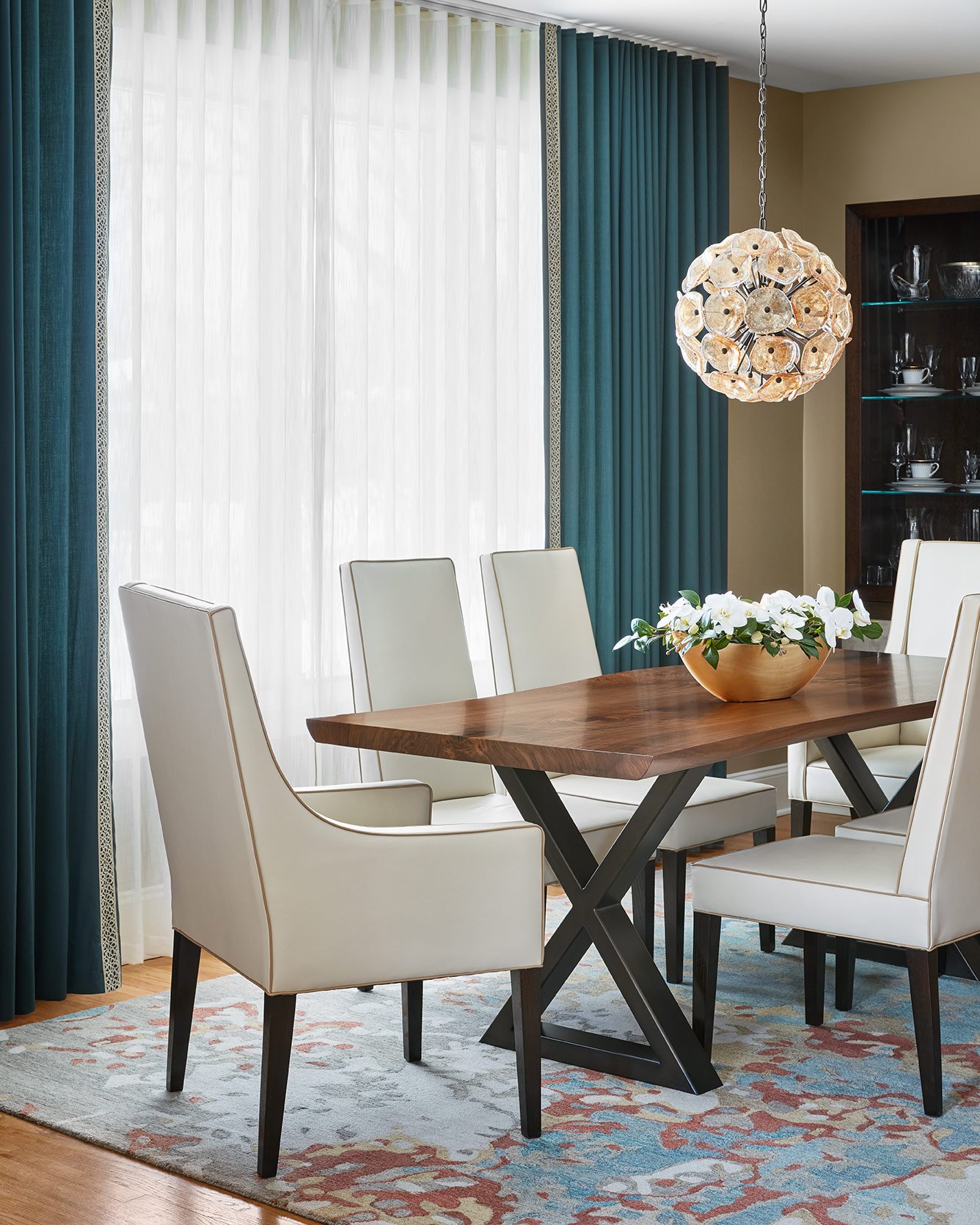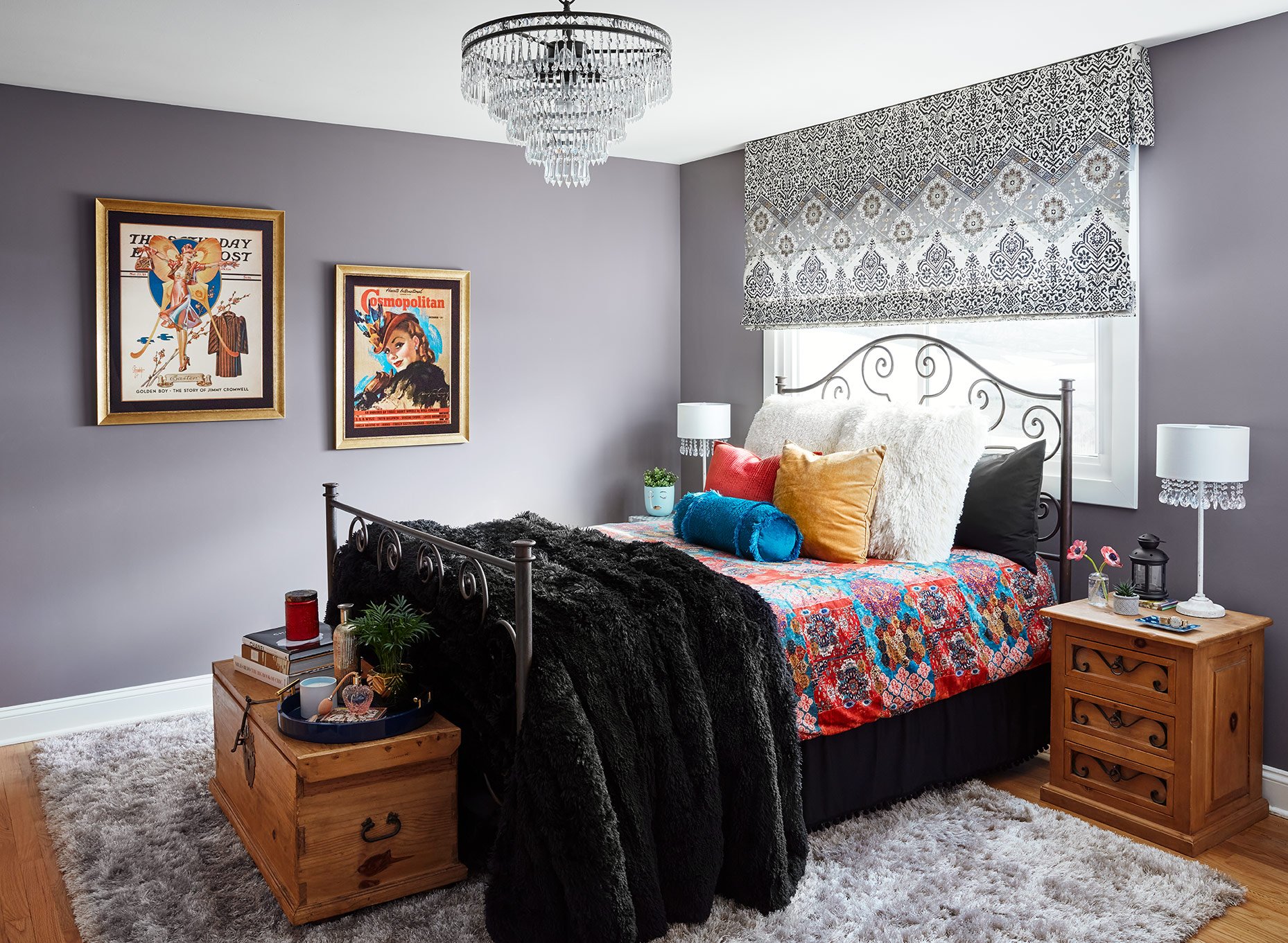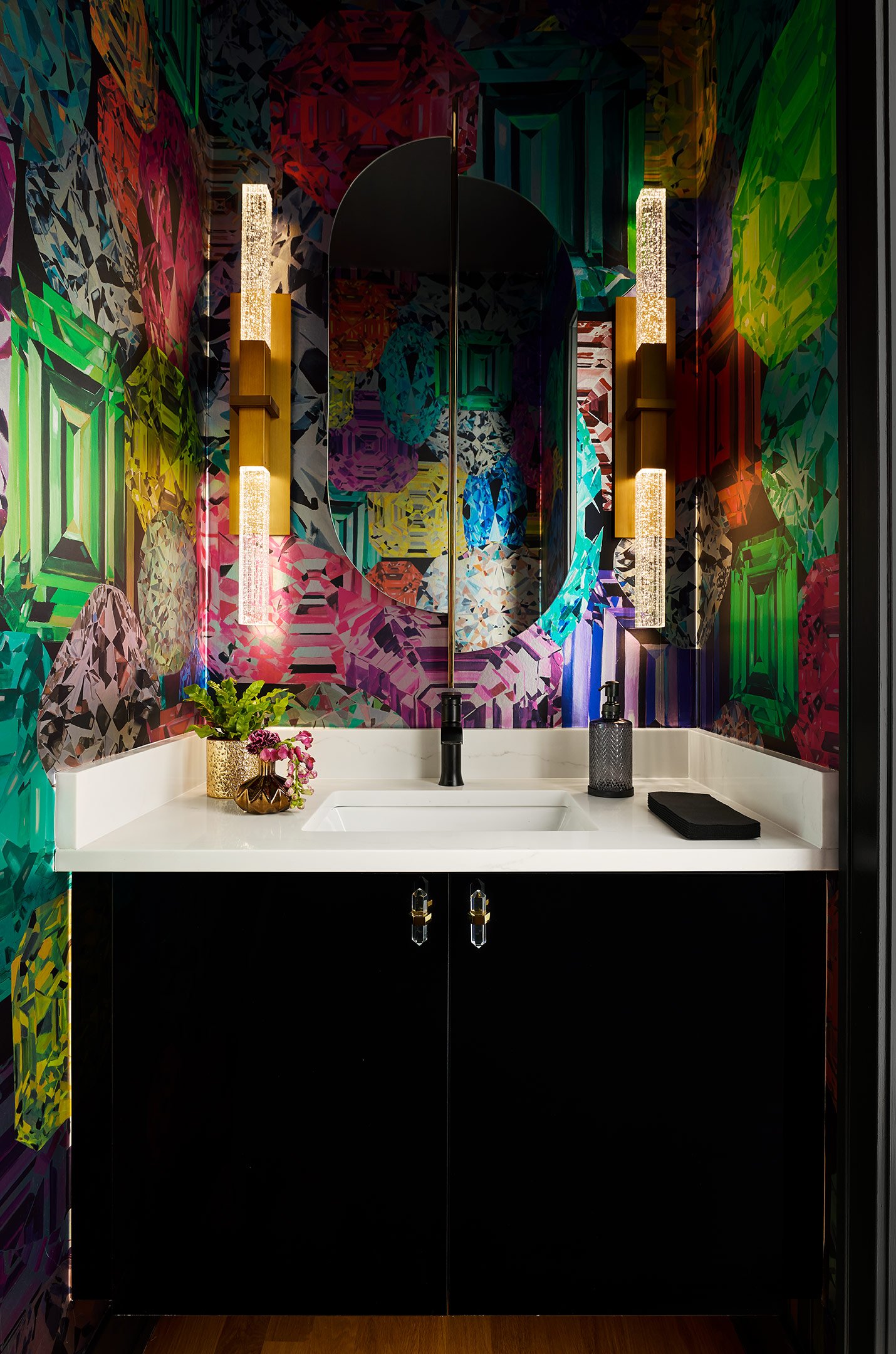Our Top 5 Tips On How To Work With An Interior Designer
What does an Interior Designer do?
Interior Design combines artistic and technical solutions to create beautiful spaces. It is the practice of making functional and aesthetically pleasing designs that enhance quality of life in living and working environments. Interior design incorporates space planning, circulation, furniture, lighting, finishes, fixtures, and supporting utilities in accordance with local codes and ordinances.
Designers create spaces that reflect their client’s lifestyles, establish a mood, complement the home's architectural features, and ensure function needs are met.
Additionally, an interior designer builds relationships with reliable suppliers, artisans, vendors, and contractors who carry out the design.
An Interior Designer Can Help You:
Realize your vision
Solidify your ideas
Create a comprehensive and well-planned project
Addresses your functional needs
Offers elegant and practical solutions
Navigate complex building codes and city ordinences
Coordinate with contractors
Ensure the job is done right
Help you stay on budget and schedule
Even if you have a clear idea of what you want your home to look like, an interior designer can help you bring it to life while making sure it is functional and well-planned. As a trained professional, an interior designer can come up with solutions that you might never have thought of as a result of their sharp eye and creative mindset. Paying attention to even the tiniest details will make your space look polished and put together.
Working with an interior designer can be intimidating and overwhelming, but ultimately, they are there to be your advocate and work alongside you to turn your home into an extension of who you are.
Read on to learn our top 5 tips for working with an interior designer.
5 Tips for working with an interior designer
Make Sure It’s A Good Fit
Establish Trust: You’re going to be spending a lot of time with your designer, so you need to trust them and build a relationship with them. They will often see a vision for your space that you’re not able to visualize that will be the perfect solution for your home.
It’s Not Always About Style: You’re not necessarily looking for style, many designers work in a variety of styles to meet their client’s needs. You’re not hiring that designer to duplicate work they have done for a previous client, you're hiring them to create a unique space for you!
Designers Are Your Advocate: They represent your best interest, make sure the contractors are following the drawings, and that the design is being executed accurately. They make sure the pricing is fair from vendors.
2. Be Upfront And Communicate
Creative Direction: Don’t put your designer in a box; Give them your taste and preferences without restricting their creativity. You are hiring them for a reason and they are the expert. Try using magazine pull-outs, Pinterest boards, etc. to provide some direction, even if you only have a hazy idea of what you want.
Have The Budget Conversation: Communicate and establish a budget early and be prepared to spend it. A good designer will educate you on realistic product costs for your project goals.
Focus Your Attention: Make time for your Interior Designer and try to eliminate any distractions during meetings.
Communicate Promptly: Replying to emails, phone calls, and making design decisions in a timely manner are essential to ensure accurate pricing and a seamless project.
3. Expectations
Do Your Homework: Complete any style or budget questionnaires that your designer sends.
Don’t Put On A Show: Leave your house messy, that’s how you and your family live! It’s our job to figure out functional solutions to solve those challenging issues like- never a place for your coat, shoes everywhere, and toys piling up in the living room. We can’t solve a problem if we don’t know it exists.
Don’t Rush Design: Your home is an investment, take your time to go through the process, listen to your designer, and be flexible with the timeline.
Products Get Delayed: Manufacturer back orders, shutdowns, and delays happen. Trust us, we are just as frustrated and on the phone trying to figure out what happened and when it will arrive. We would drive your new dining chairs here ourselves if we could. Lead times should be expected.
4. Utilize Their Skills and Resources
Eliminate Headaches: Your Interior Designer is the expert in design and project management; utilize them to manage all of the individual parties involved in your project (Contractors, Architect, Building Management, etc.) — you’ll thank them later!
The Best Contractors: Always hire contractors recommended by your interior designer. They have a substantial network of highly vetted and recommended tradespeople. Because your interior designer is ultimately the one who collaborates with them, you want someone you can rely on. They know what their contractors can and can’t do and if they can execute the design within your budget.
Trade Only Resources: Interior Designers have exclusive product resources like furniture showrooms, fabrics, and wallcoverings. They can put together a room with items completely unique. It is common for designers not to reveal their trade sources, as these are relationships that have been built and are not available to the general public.
5. Trust The Design Process
Construction Can Be Unpredictable: Recognize that design is not an exact science, it’s an art. It’s the designer’s responsibility to create the ideal plan and handle any problems that may arise, ensuring a smooth process.
See The Whole, Not Just The Parts: Some elements may come in sooner than others, don’t freak out if you’re not head over heels in love with the half-finished product. It’s about how all the pieces come together that makes the space great!
Don’t “Shop” Your Designer: We spend a lot of time developing and sourcing products for your design, so please be respectful. Many “discounted” or “dupe” items online are not as good of quality or even misprinted dye lots. We have your best interest at heart.
Design Experts: Interior designers are literally experts in interior design. You are hiring them for their intellectual property; it’s not a hobby, it’s a profession. Make sure to ask for your designer’s credentials when interviewing potential designers. Things to look for are National Council for Interior Design Qualification (NCIDQ), a Registered Interior Designer, Certified Interior Designer, and a College Education in an Interior Designer Program.













